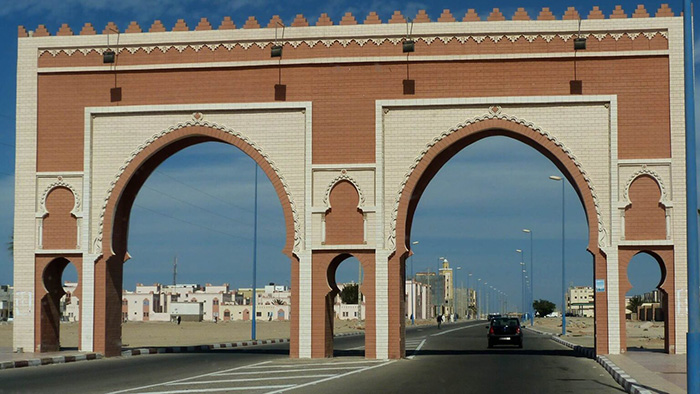Russian President Vladimir Putin is poised to extend nearly a quarter century of rule for six more years on Sunday after wrapping up an election that gave voters no real alternatives to an autocrat who has ruthlessly cracked down on dissent.
The three-day election that began Friday has taken place in a tightly controlled environment where no public criticism of Putin or his war in Ukraine is allowed. Putin’s fiercest political foe, Alexei Navalny, died in an Arctic prison last month, and other critics are either in jail or in exile.
The 71-year-old Russian leader faces three token rivals from Kremlin-friendly parties who have refrained from any criticism of his 24-year rule or his full-scale invasion of Ukraine two years ago. Putin has boasted of Russian battlefield successes in the run-up to the vote, but a massive Ukrainian drone attack across Russia early Sunday sent a reminder of challenges faced by Moscow.
The Russian Defense Ministry reported downing 35 Ukrainian drones overnight, including four near the Russian capital. Moscow Mayor Sergei Sobyanin said there were no casualties or damage.
Russia’s wartime economy has proven resilient, expanding despite bruising Western sanctions. The Russian defense industry has served as a key growth engine, working around the clock to churn out missiles, tanks and ammunition.
Russia’s scattered opposition has urged those unhappy with Putin or the war to express their protest by coming to the polls at noon on Sunday. The action was endorsed by Navalny not long before his death.
Navalny’s associates described their strategy as a success, releasing pictures and videos of people crowding near polling stations in various cities across Russia. It wasn’t immediately clear if the voters lining up at polling stations heeded the call from Navalny’s allies or the queues reflected strong turnout that usually peaks around midday.
Voting is taking place at polling stations across the vast country’s 11 time zones, in illegally annexed regions of Ukraine, and online. More than 60% of eligible voters had cast ballots as of early Sunday.
Despite tight controls, multiple cases of vandalism at polling stations were reported.
A woman was arrested in St. Petersburg after she threw a firebomb at a polling station entrance, and several others were detained across the country for throwing green antiseptic or ink into ballot boxes.
Dmitry Medvedev, a deputy head of the Russian Security Council chaired by Putin, called for toughening the punishment for those who vandalize polling stations, arguing they should face treason charges for attempting to derail the vote amid the fighting in Ukraine.
Ahead of the election, Putin cast his war in Ukraine, now in its third year, as a life-or-death battle against the West seeking to break up Russia.
Russian troops have recently made slow advances relying on their edge in firepower, while Ukraine has fought back by intensifying cross-border attacks and launching drone strikes deep inside Russia.
The Ukrainian shelling of the city of Belgorod near the border killed a 16-year-old girl on Sunday and injured her father, according to the local governor, who also reported two deaths from Ukrainian attacks the previous day.
Putin described the attacks as an attempt by Ukraine to frighten residents and derail Russia’s presidential election, saying they “won’t be left unpunished.”
Western leaders have derided the election as a travesty of democracy.
Beyond the lack of options for voters, the possibilities for independent monitoring are very limited. No significant international observers were present. Only registered, Kremlin-approved candidates, or state-backed advisory bodies, can assign observers to polling stations, decreasing the likelihood of independent watchdogs.
Source: AP






